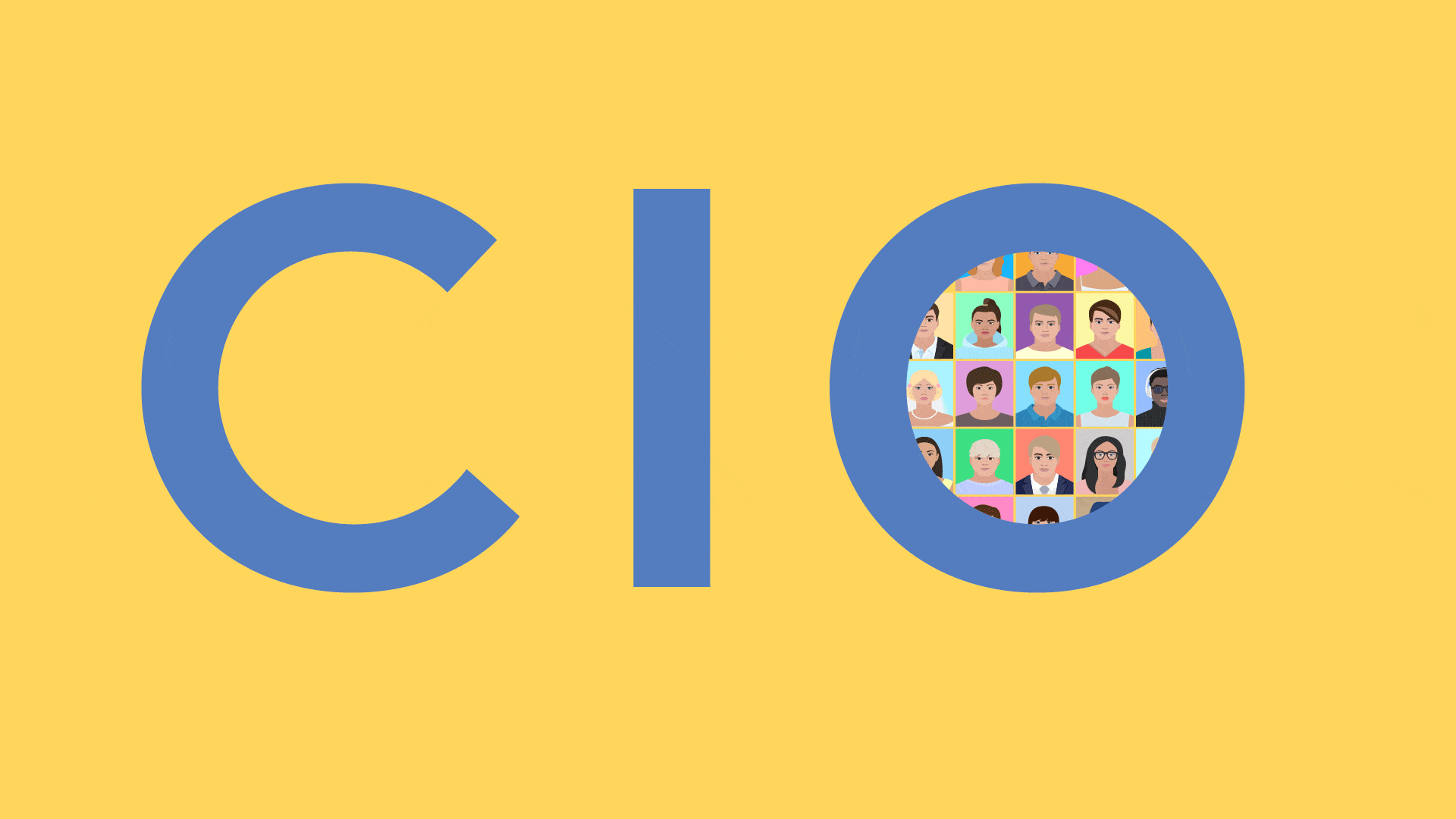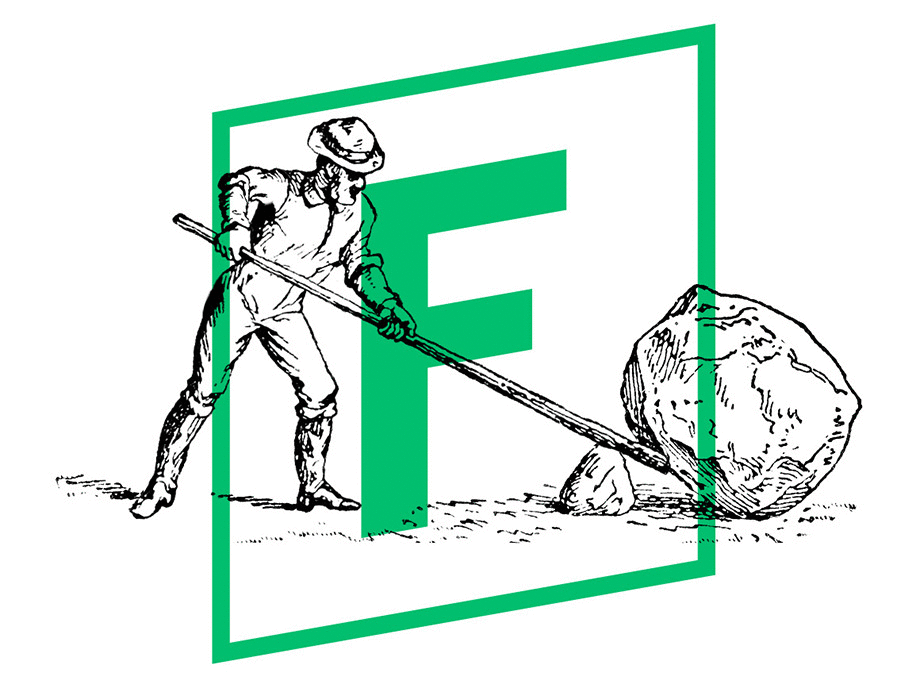
CIO’s leading culture change?
Digital transformations – specifically AI, machine learning and data science are fundamentally changing the way organizations approach problems, train their workforces and innovate to anticipate and meet consumer demand. And according to new research, digital transformations might also have an impact on the org chart.
Gartner predicts that by 2021 CIOs will be as responsible for culture change as chief HR officers (CHROs):
“In an era of continuous change, a proactive and adaptive culture is a critical asset and CIOs will play a key role in establishing the right mindsets and practices.”
– Gartner
According to Gartner, in the near future CIOs and HR leaders will work together to develop and nurture organizational culture. And, when you think about it, this collaboration makes total sense. That’s because businesses are changing. By 2020, experts predict that spending on digital transformation initiatives will surpass the $2 trillion mark. And 89% of enterprises have plans to adopt or have already adopted a digital-first business strategy – focusing on AI, analytics, machine learning, mobile technologies, cloud and APIs.
And as businesses undergo the digital transformations they need to succeed in today’s economy, they have to be supported by a culture that will embrace change and allow them to adapt quickly. Technology alone is not enough. Without a change in the way people work and behave, the technology falls flat.
“In 50% of cases, transformational initiatives are clear failures and CIOs report that the main barrier is culture. The logical conclusion is that CIOs should start with culture change when they embark on digital transformation, not wait to address it later.”
– Christie Struckman, research vice president at Gartner.
CIOs and Culture
According to Gartner, HR will likely continue to lead on identifying the mission and values of the organization, and CIOs will help bring this desired culture to life through technology, process and design choices. This might include incorporating:
- Social collaboration tools that allow employees to share best practices and work together across functions
- Adaptive learning platforms and AI-powered learning tools (e.g. chatbots) that allow employees to upskill to meet new digital demands and support a culture of continuous learning
- AI-powered solutions that can predict whether or not employees will be able to successfully adopt new digital technologies within the flow of work
- An Agile mindset – complete with a DevOps culture and highly skilled multidisciplinary teams that can work autonomously toward goals and financial targets
- Hiring programs that leverage machine learning to establish which applicants have the best cultural indicators for a given organization and predict future hiring needs
Already companies are experiencing how IT and HR intersect to impact digital transformation. In a Boston Consulting Group study of 40 digital transformations, companies that were focused on culture were 5X more likely to achieve breakthrough performance than companies that neglected culture. Further nearly 80% of the companies that focused on culture sustained strong or breakthrough performance. Not one of the companies that neglected to focus on culture achieved such performance.
It turns out that technology, culture and performance are all interconnected, and HR and IT have more in common than previously imagined. Working together, these two departments can develop and nurture cultures that set up their organizations for more successful digital transformations – both today and in the long run.
For more information about how our adaptive learning technology and predictive analytics help CIOs implement a culture change that supports digital transformation, let’s connect.
